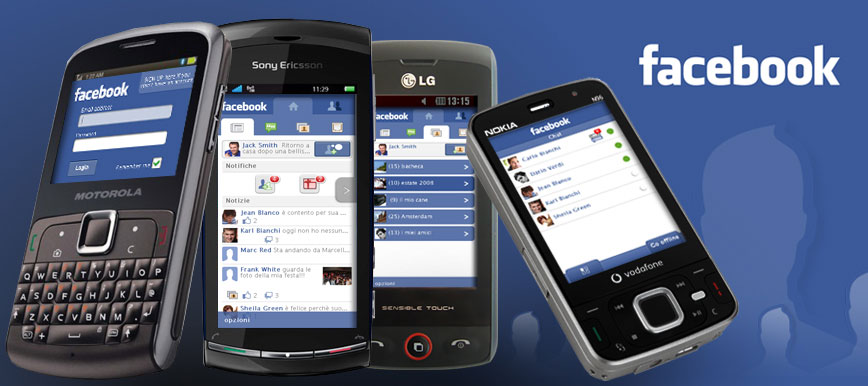
In the lead-up to its much-hyped IPO, Facebook has been vocal about its growing and engaged mobile audience. Data released by ComScore not only validates those claims but also demonstrates just how dominant the network actually is in the mobile social arena.
Much has been made of Facebook’s lack of ability – or inclination – to monetize its mobile audiences, which it recently began to do with the extension of its sponsored stories ad product to mobile. But ultimately the fact remains that Facebook is in a powerful position in mobile at a time when it’s widely acknowledged that the world is moving from a desktop-computing era to a mobile one.
According to ComScore’s numbers, 80 percent of smartphone users accessed Facebook via their devices during the month of March, placing it second only to Google in terms of U.S. smartphone audience reach, which attracted 97 percent of users thanks largely to its popular search, mail and mapping products.
But perhaps a more significant data point is the sheer amount of time smartphone users are spending on Facebook. It’s mobile Web and app audiences spent a whopping 441 minutes per user, on average, engaging with the network over the course of the month. That’s an average of over seven hours per user.
For every user spending one or two hours a month interacting with Facebook through a smartphone, another is spending upwards of 13 hours, the data suggests. The numbers do not include iPads or other tablets, which may have driven up that average up even further.
Facebook’s closest competitor in terms of time spent was Foursquare, with an average of 145 minutes per user, followed by Twitter with 114 minutes, and LinkedIn, Pinterest, and Tumblr behind them. Ultimately, Facebook accounted for more attention than it’s five largest competitors combined.
Those competitors are trailing equally significantly in terms of audience size. Facebook reached 80.4 percent of US smartphone users over the course of the month, compared to 26.4 percent penetration for Twitter. Meanwhile, LinkedIn, Pinterest, Foursquare and Tumblr each reached under 8 percent.
More in Media

In Graphic Detail: The scale of the challenge facing publishers, politicians eager to damage Google’s adland dominance
Last year was a blowout ad revenue year for Google, despite challenges from several quarters.

Why Walmart is basically a tech company now
The retail giant joined the Nasdaq exchange, also home to technology companies like Amazon, in December.

The Athletic invests in live blogs, video to insulate sports coverage from AI scraping
As the Super Bowl and Winter Olympics collide, The Athletic is leaning into live blogs and video to keeps fans locked in, and AI bots at bay.





